Here's what you need to know about Google's latest move. Recent discoveries in the Chromium development pipeline reveal that Google is actively testing something called "Android Desktop" on modern Chromebook hardware, according to Chrome Unboxed. The testing Chrome Unboxed reports Chromium pipeline entries for some 12th-gen Intel Chromebook SKUs (Chrome Unboxed), Chrome Unboxed reports. This represents a completely unexpected development that suggests Google is experimenting extensively as it determines ChromeOS's future direction, as noted by Chrome Unboxed.
This is not experimental code gathering dust in a repo. What we're watching is a fresh take on how mobile and desktop computing meet, with Chrome for Android sitting at the center.
What this means for the future
Let's be honest about where we are. The current Android 16 desktop mode shows promise but still needs polish. Early testing suggests the core windowing system works well, allowing users to open apps in resizable windows and snap them to edges, yet the experience looks stark without wallpaper support and text can appear soft on high-resolution displays, Chrome Unboxed observes.
Right now, you still get mobile versions of apps, including Chrome, which limits productivity because desktop browser features like extensions are missing, Chrome Unboxed notes. Anyone who has tried to work in mobile Chrome versus the desktop version knows the gap. It is a basic text editor compared to a full word processor.
There is movement on that front. Google is actively developing a true desktop version of Chrome for Android, which Google/other reporting suggests could address several limitations (extensions, desktop UA), though outcomes and timing remain uncertain, as Chrome Unboxed points out. The company is also working with OEMs to build a consistent experience that fits directly into the Android UI, according to 9to5Google. No scattershot implementations across manufacturers, a lesson learned from early Android.
Bottom line, desktop windowing capabilities is expected to arrive in Android 16 QPR1 as a developer preview (per Google/9to5Google) rather than a guaranteed full public launch for users on compatible tablets running Android 16, with enhanced support for external monitors arriving as a developer preview in upcoming beta releases, 9to5Google confirms. Ready or not, it is coming.
Google's preparation of Chrome for Android's desktop future is more than feature creep, it is a rethinking of how mobile and desktop meet. As these capabilities mature and Chrome evolves to true desktop behavior on Android, the line between phone and computer starts to blur. Your phone could be your primary machine, both on the go and at a desk.
The takeaway is not that Google wants just another DeX-style mode. The plan is a unified experience that adapts to whatever hardware you connect. Your phone becomes your computer, your computer becomes your phone, and Chrome stays the constant that scales from a 6-inch display to a 32-inch ultrawide. It is a big swing that could reset how we think about personal computing. Based on what we are seeing in current testing, Google might actually pull it off.




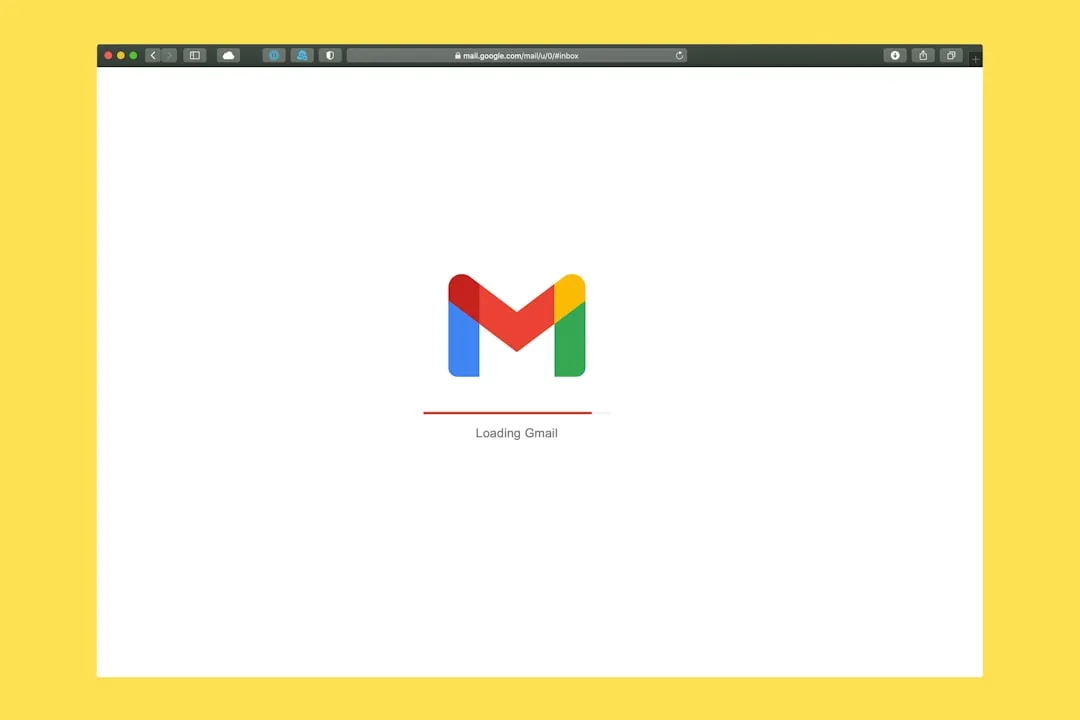
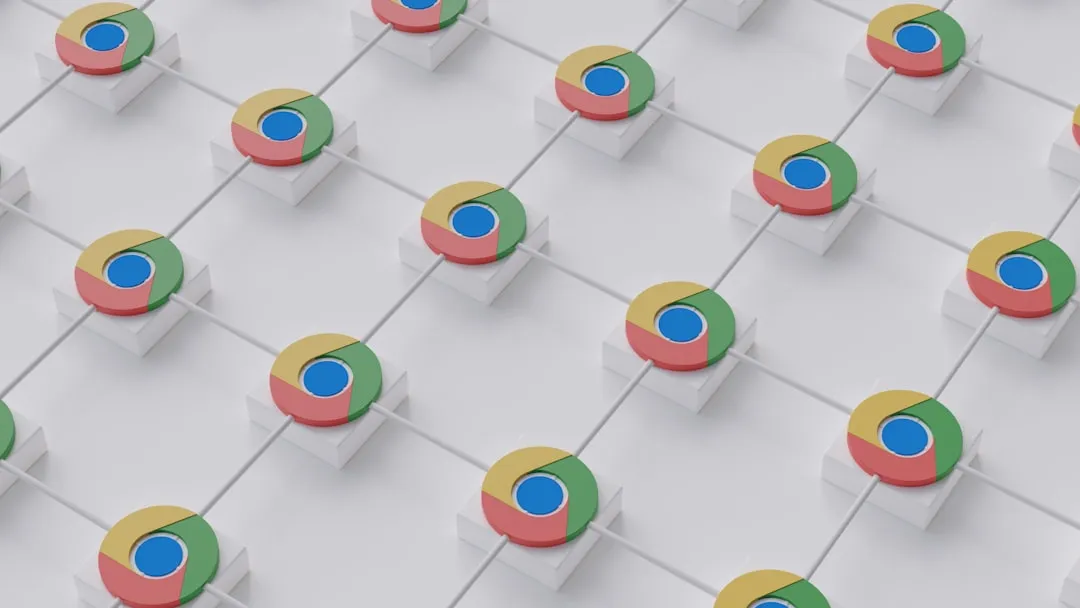
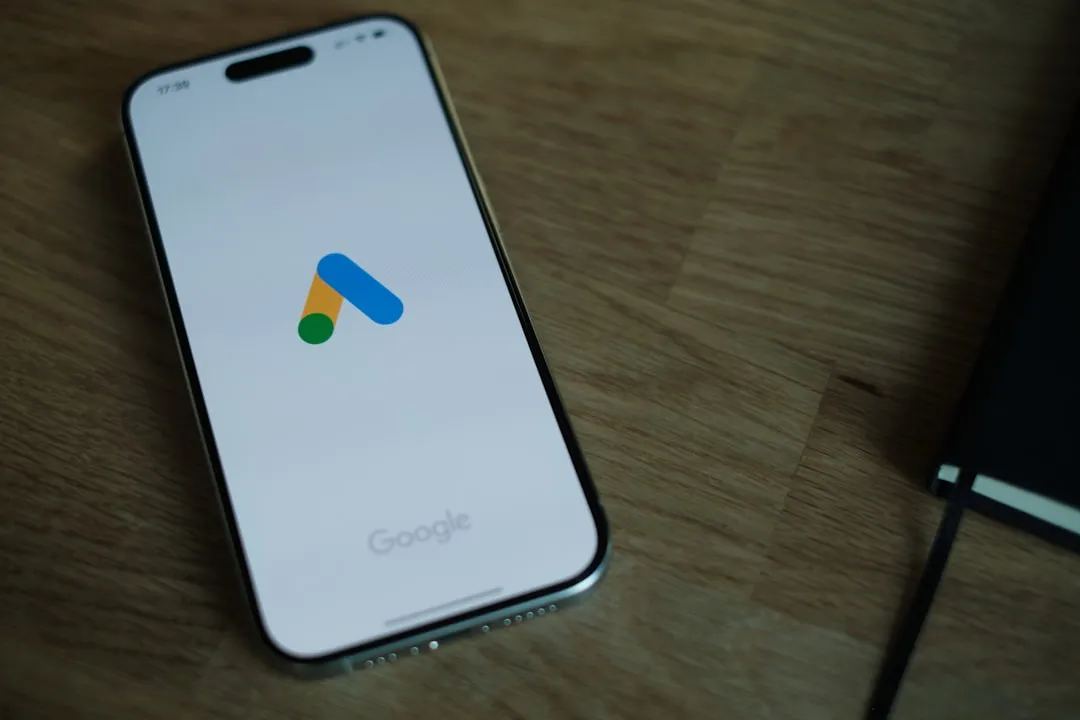

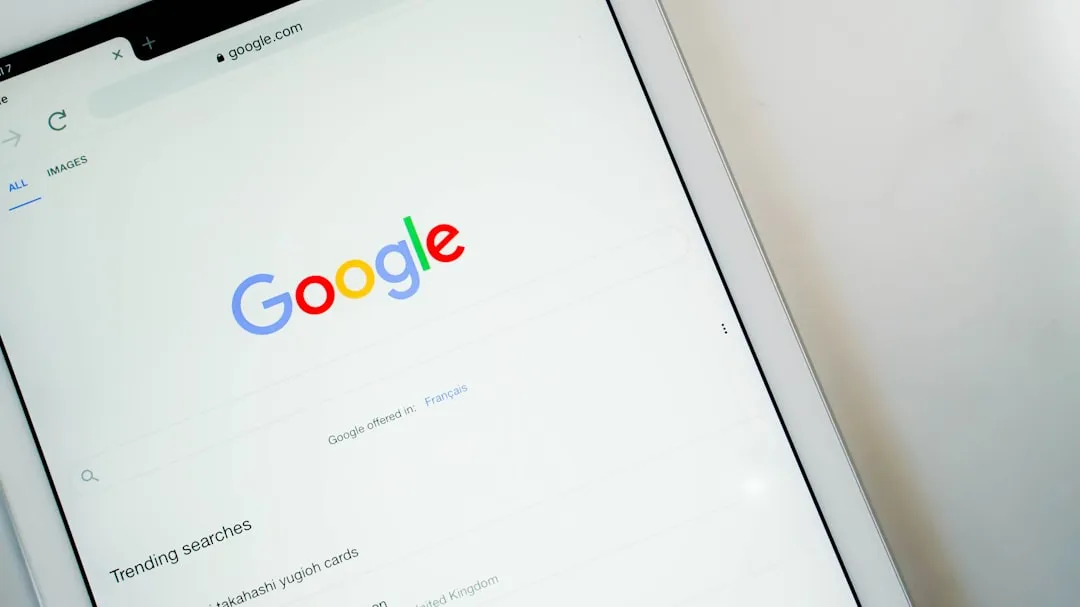
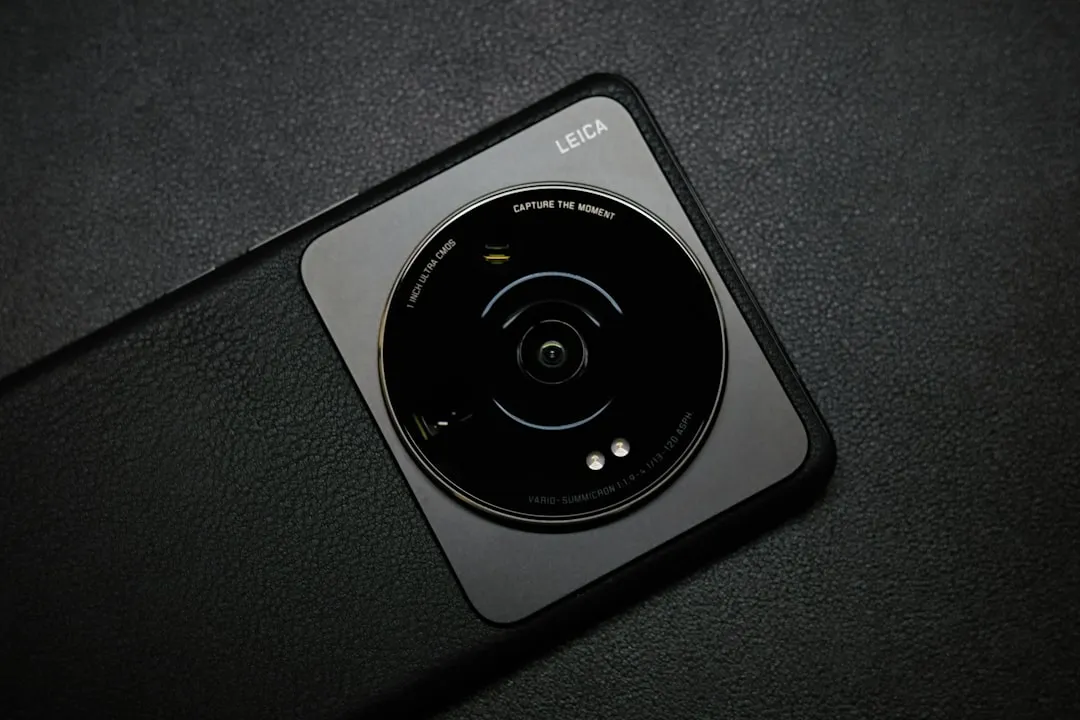

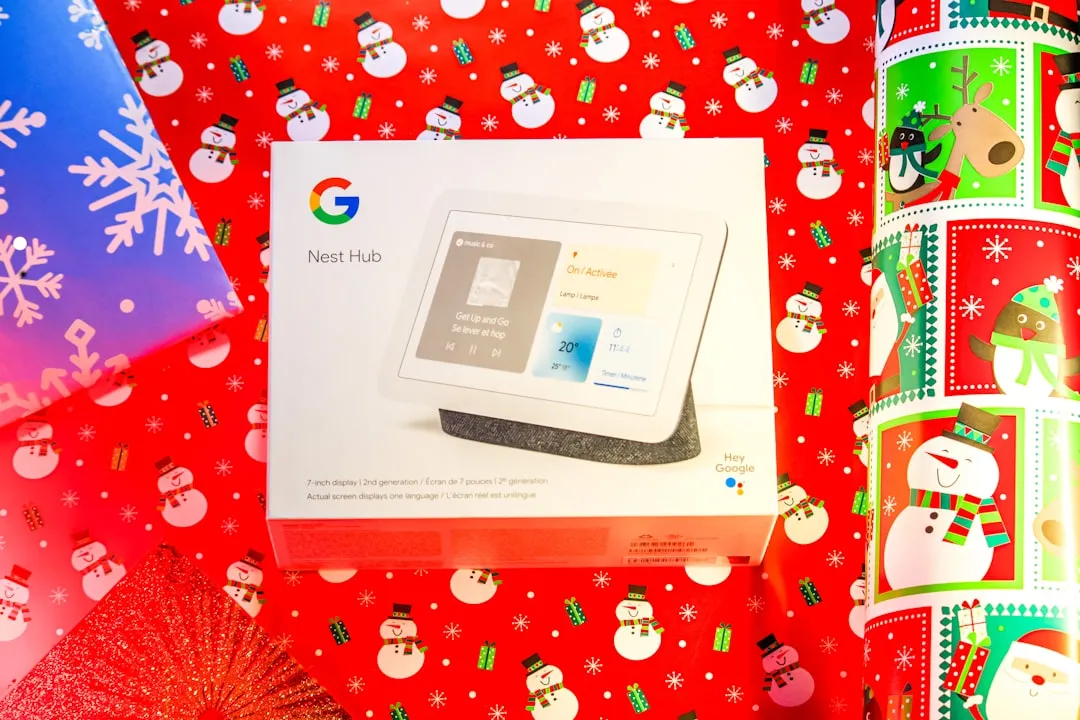
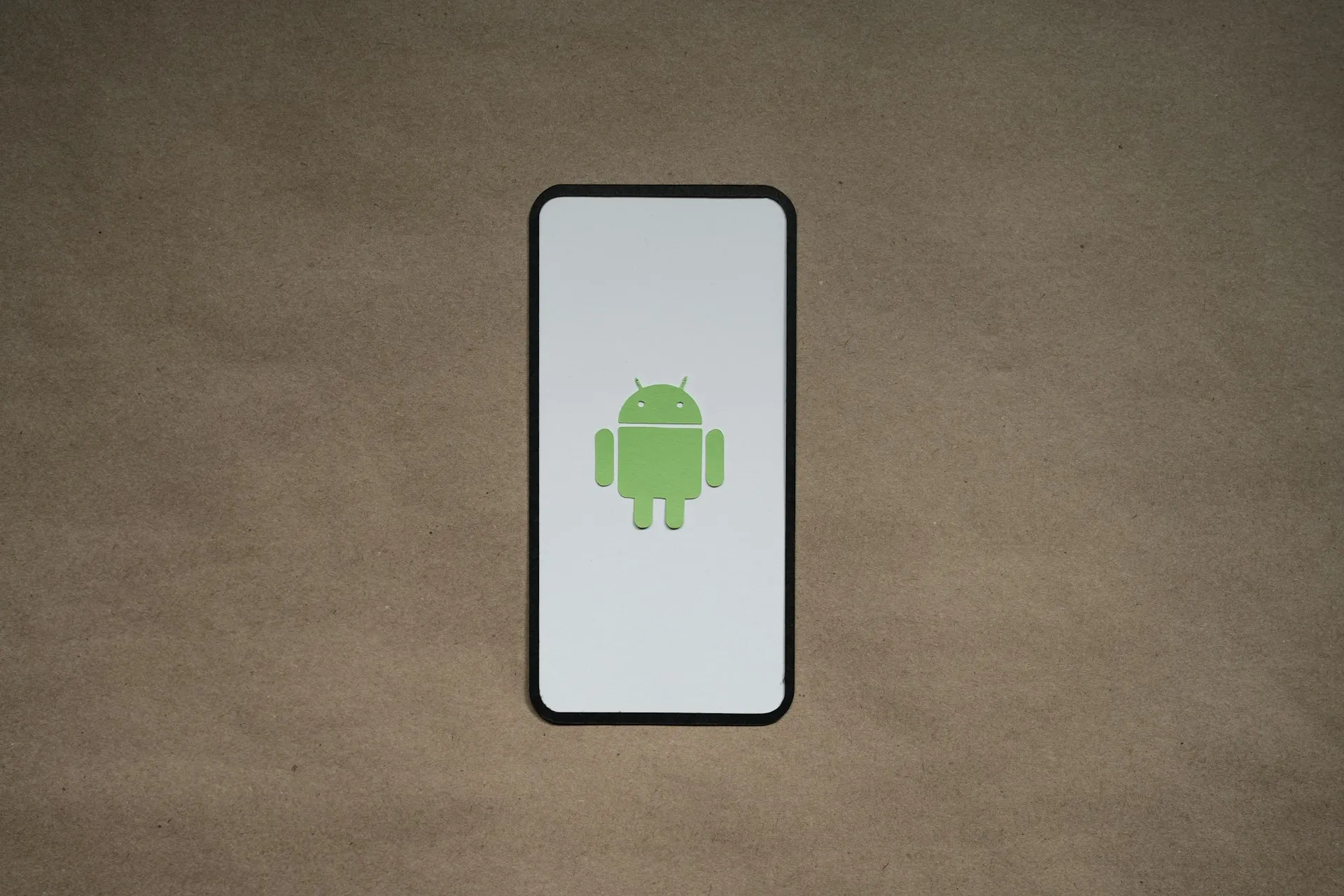

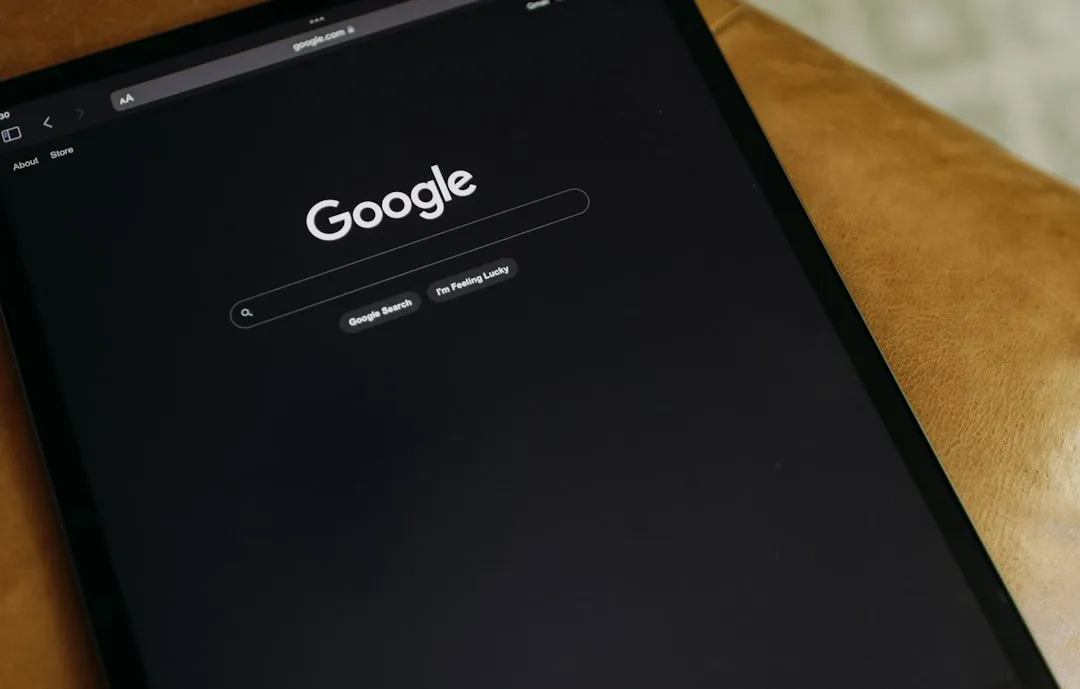








Comments
Be the first, drop a comment!